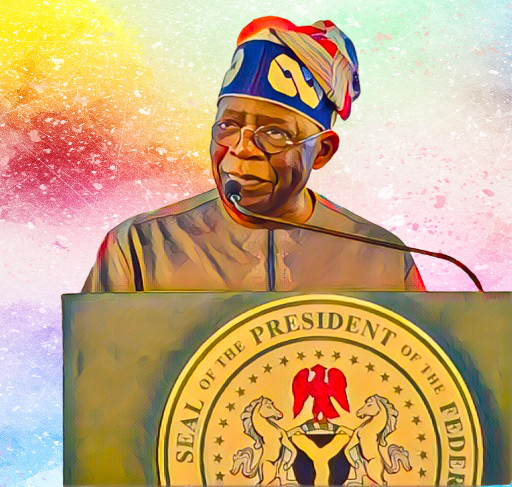One year after President Bola Ahmed Tinubu promised to create one million digital jobs, Nigerians are eager to see results despite ongoing ICT sector challenges.
Perhaps it is too early to fully judge President Bola Tinubu’s performance after one year in office, but Nigerians are growing impatient. The dividends of democracy have long eluded the majority of the population.
This urgency has necessitated constant reminders for those in power to meet increasing demands for social amenities, including job creation.
During his inauguration on May 29, 2023, President Tinubu announced his administration’s goal to create one million new digital jobs within two years. With one year already gone, the next 12 months will be critical for achieving this ambitious target.
Digital jobs are created through the application of information and communications technologies (ICT) to new or existing activities or processes. Between 2020 and 2022, Nigeria saw the creation of 2.2 million digital jobs, largely driven by the COVID-19 pandemic, which shifted work cultures to remote and online environments.
In its 2020 industry report, the Nigerian Communications Commission (NCC) noted a significant surge in data usage due to the pandemic, which disrupted normal activities and moved many functions online, including schools and corporate meetings.
The contributions of the ICT sector to Nigeria’s gross domestic product (GDP) have been rising. The National Bureau of Statistics (NBS) reported that the sector added 16.66% to GDP in the last quarter of 2023. According to the Groupe Spécial Mobile Association (GSMA), the mobile sector accounted for 13.5% of total GDP in 2023, with an estimated N33 trillion contribution, including N2.4 trillion in tax revenue.
In August 2023, President Tinubu appointed Dr. Bosun Tijani to lead the Ministry of Communications, Innovation & Digital Economy. Tijani’s agenda includes the Three Million Technical Talent (3MTT) program, part of Tinubu’s plan to create two million digital jobs by 2025. The program, executed as a fellowship in collaboration with NITDA, aims to train and place millions of technical talents by 2027.
However, the ministry has yet to report the number of jobs created since the 3MTT initiative began, making assessment difficult. Tijani is also pushing Nigeria’s AI agenda, identifying over 6,000 Nigerian AI researchers worldwide and hosting events to develop a framework for AI adoption in Nigeria.
Some industry stakeholders worry that the Tijani-led ministry has not adequately addressed challenges facing Nigeria’s $76 billion telecom sector. Issues include excessive taxes and levies, unresolved Right of Way issues, increased foreign exchange losses, and rising energy costs.
At a recent telecom meeting in Abuja, Tijani opposed a tariff hike, stating it is not the solution to the industry’s challenges. He assured stakeholders that the government is aware of the issues and is addressing them step by step.
The Federal Government plans to launch a special purpose vehicle (SPV) to deliver an additional 90,000 km of fiber optic cable, increasing Nigeria’s capacity from 35,000 km to 125,000 km, making it Africa’s third-longest terrestrial fiber optic network.
In a conversation with The Guardian, Gbenga Adebayo, Chairman of the Association of Licensed Telecoms Operators of Nigeria (ALTON), highlighted the significant challenges facing the industry. He called for collaboration among stakeholders to move the industry forward.
Jide Awe, an STI Policy Advisor, emphasized the need for the minister to promote local content, innovation, and collaboration among education, private, research, and government sectors. He stressed the importance of simple, clear, and consistent tech policies that encourage innovation and attract foreign investment.
Awe also urged the minister to leverage digital consumer adoption and mobile Internet penetration to address societal needs, create jobs, and foster business and learning opportunities. He recommended seeking international collaborations to attract resources and expertise for Nigeria’s tech sector.



